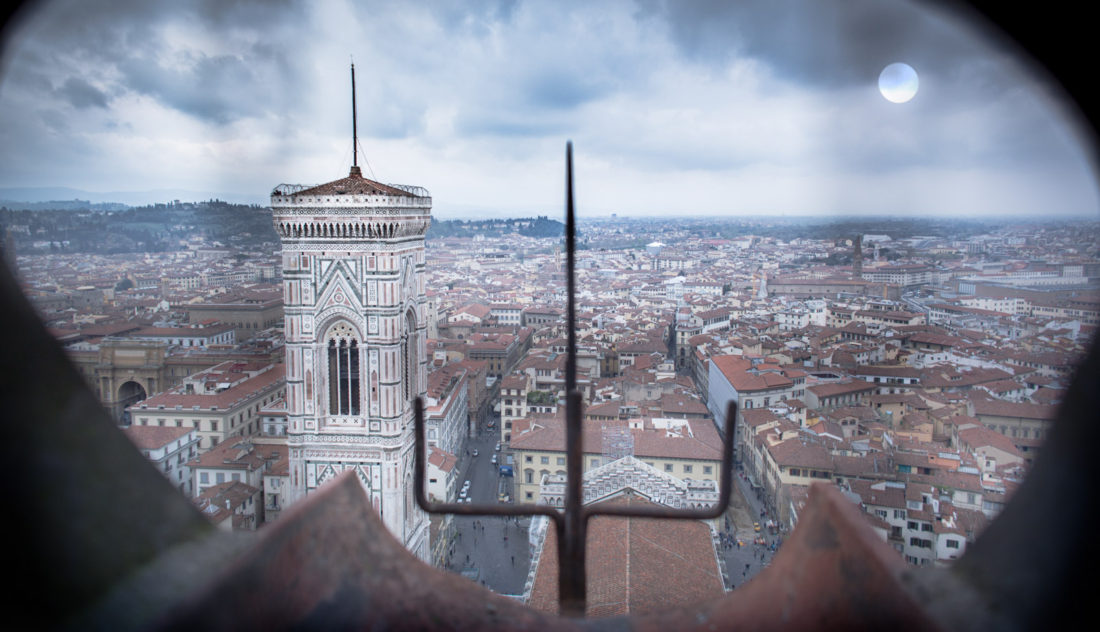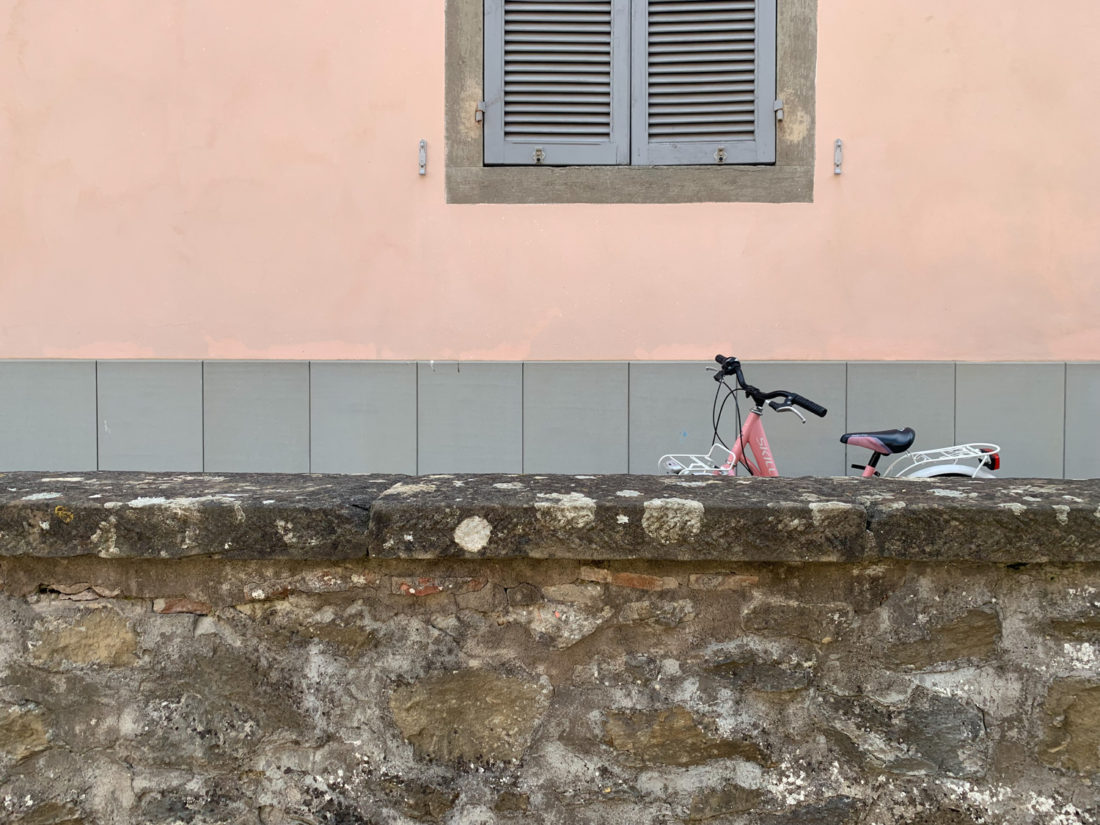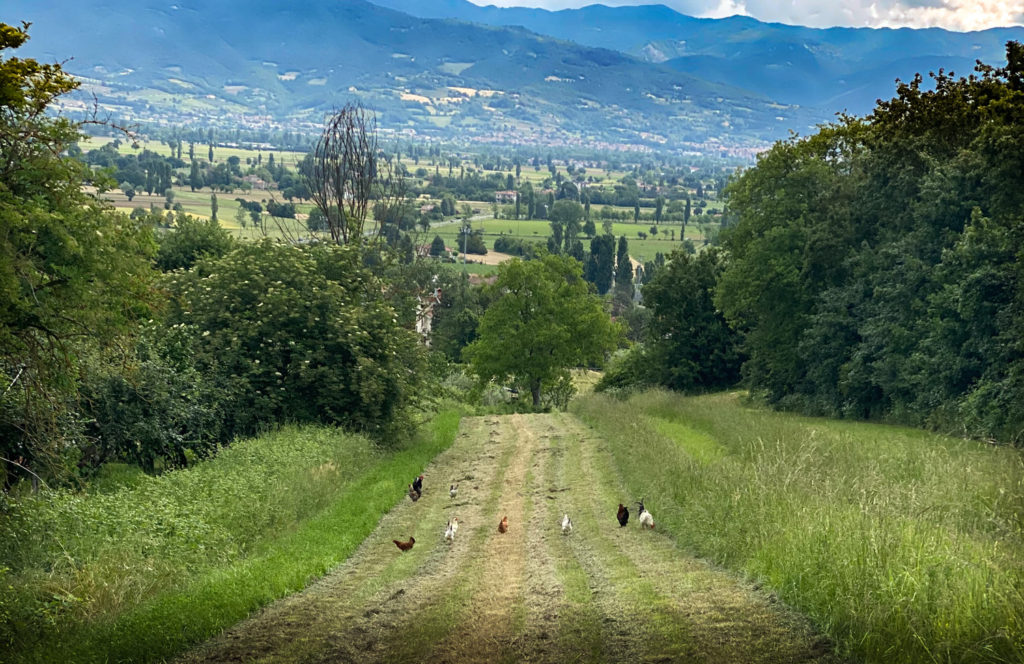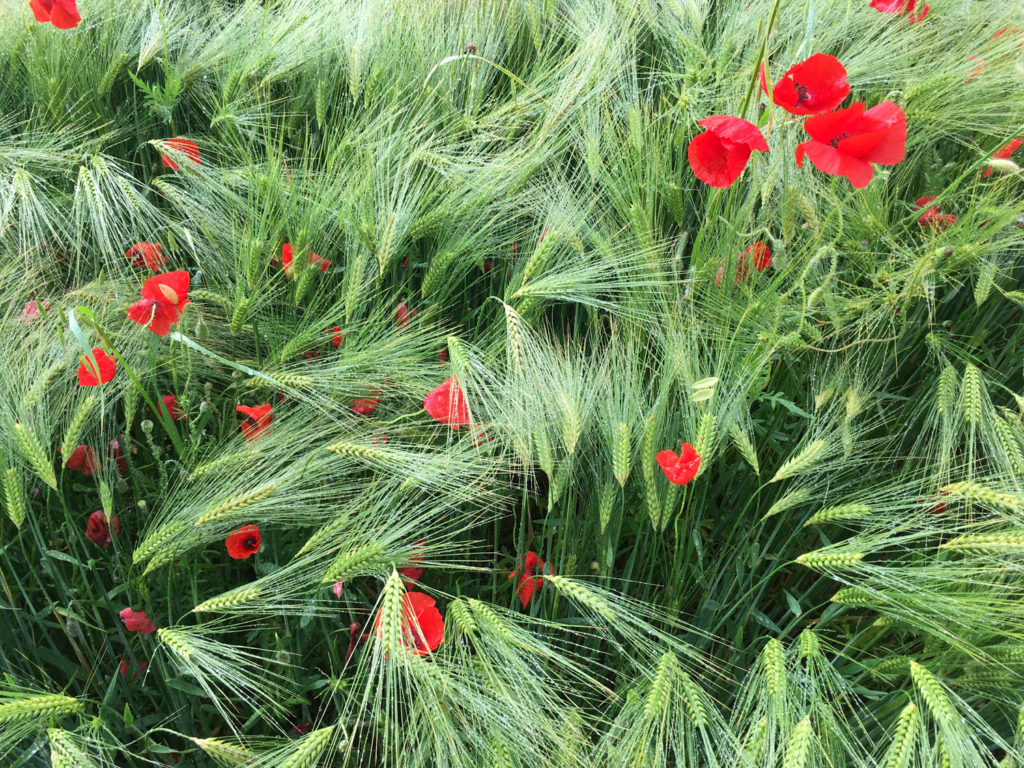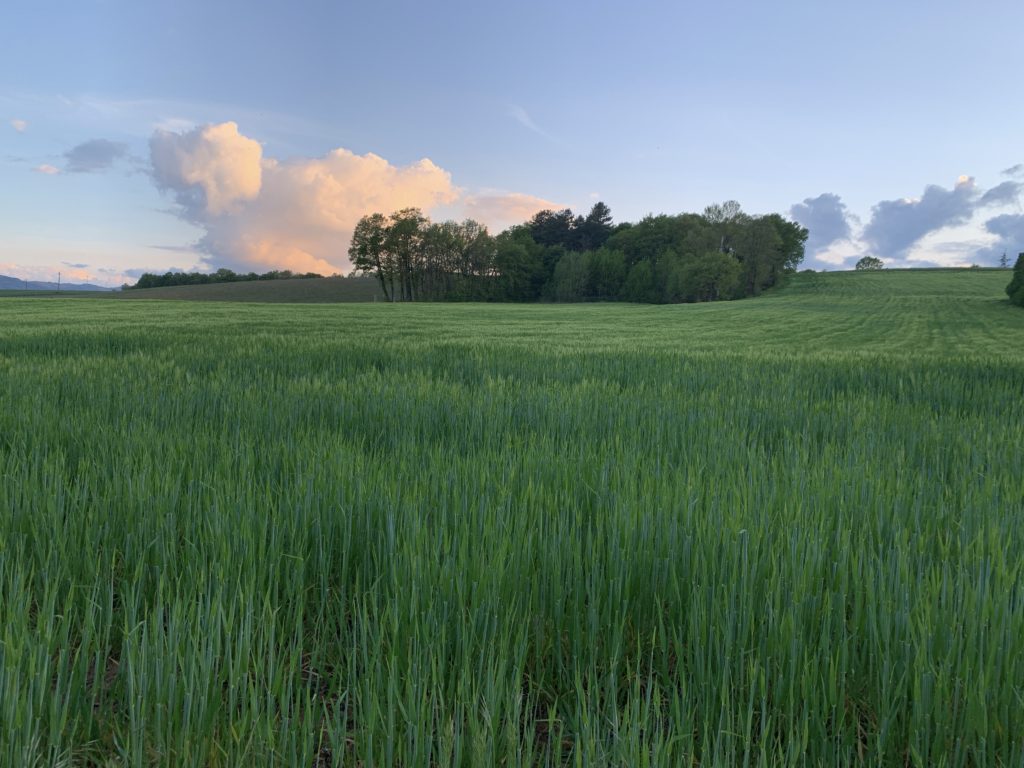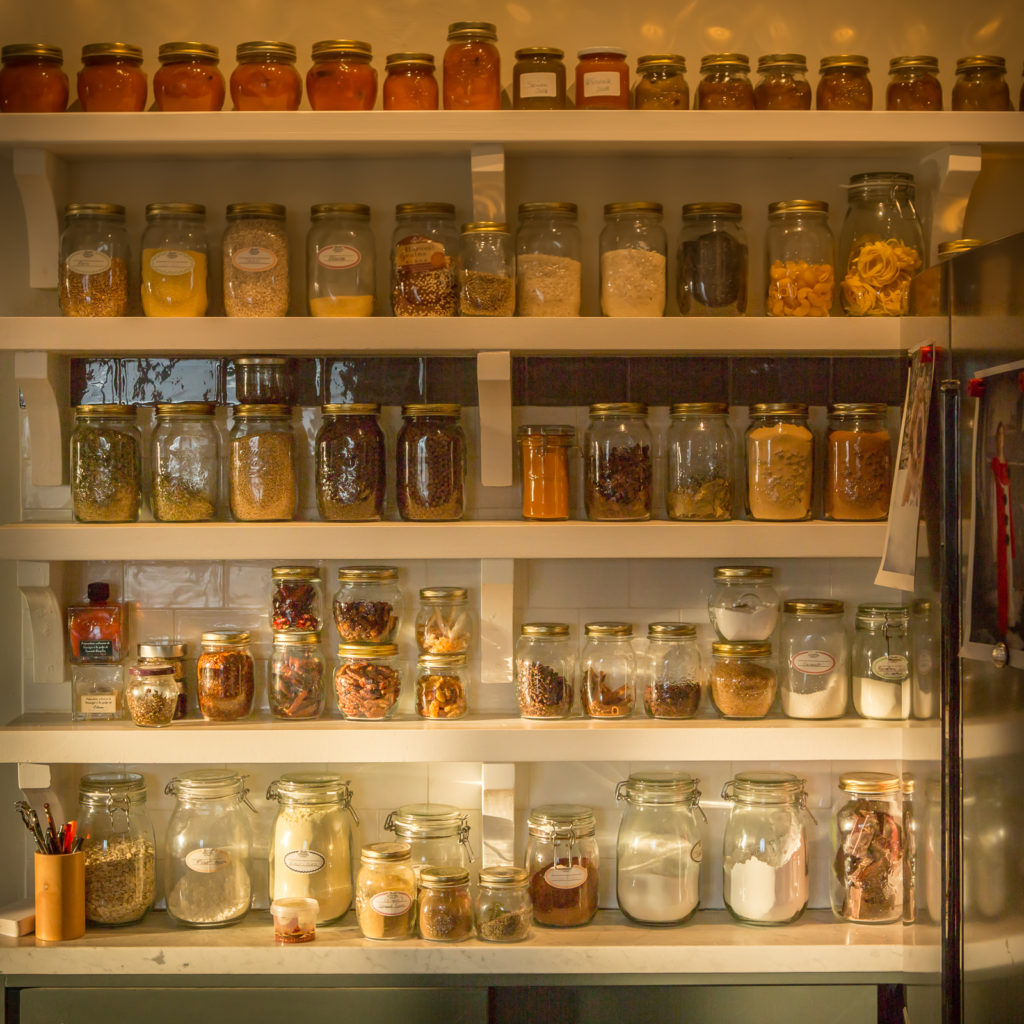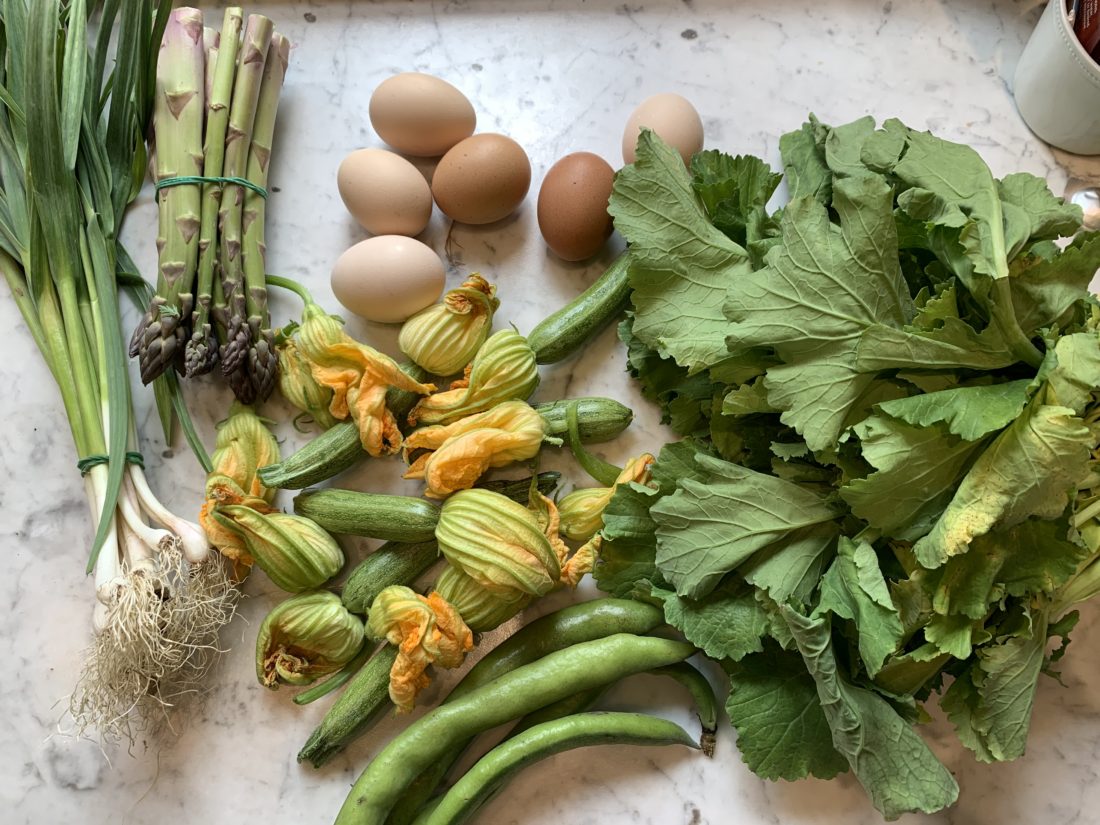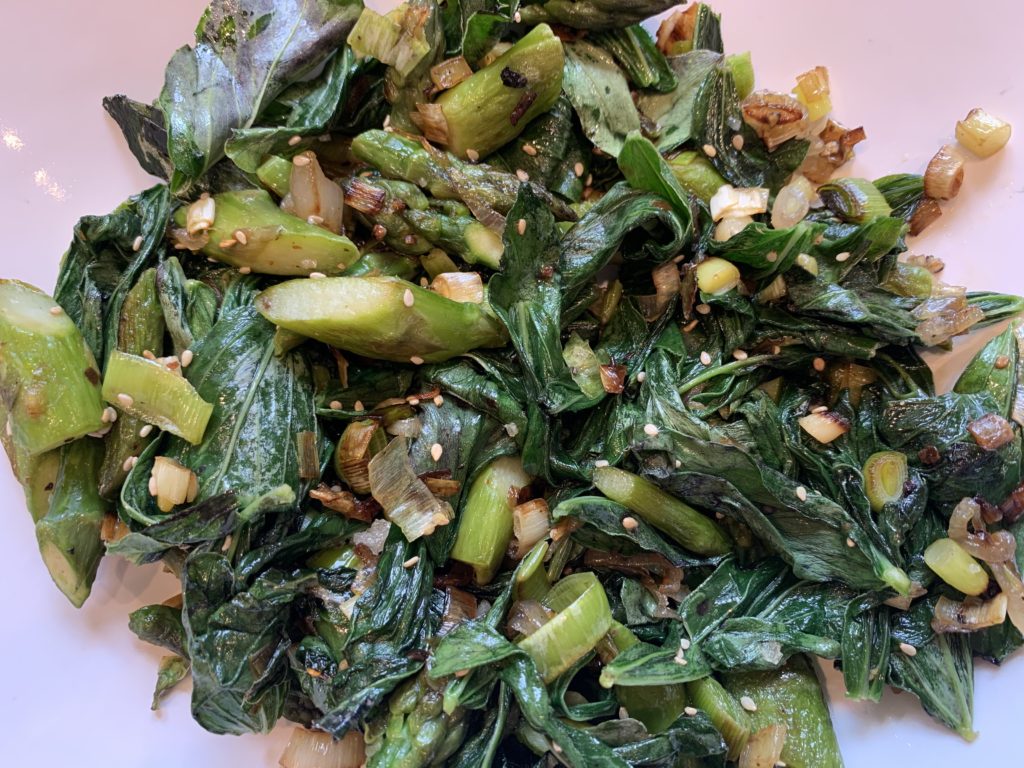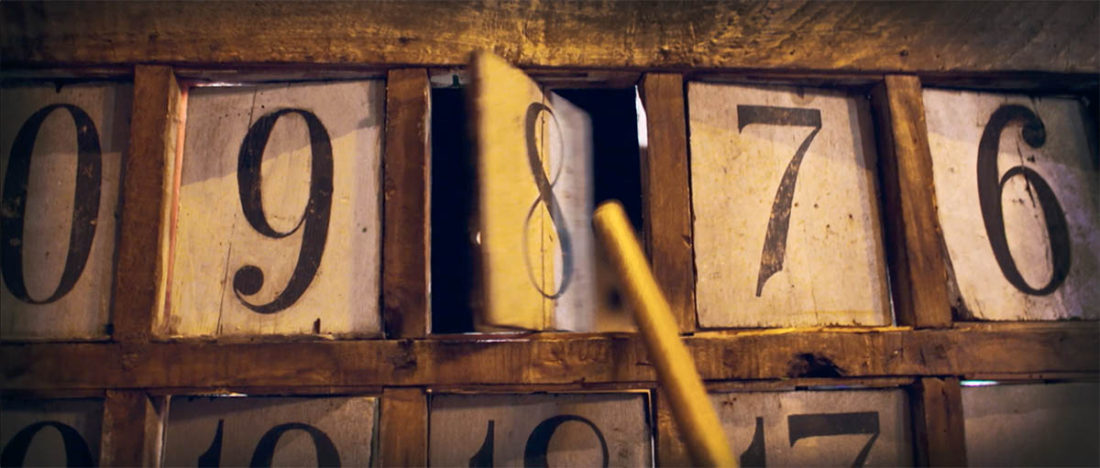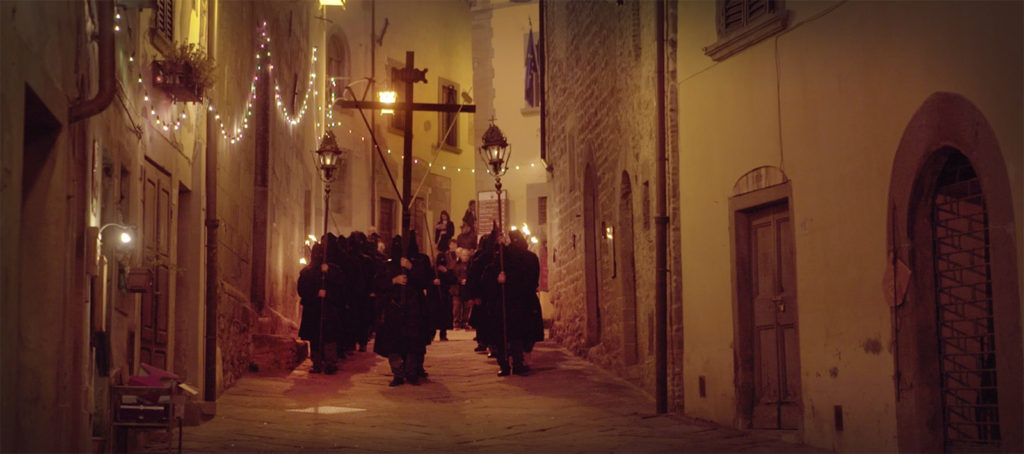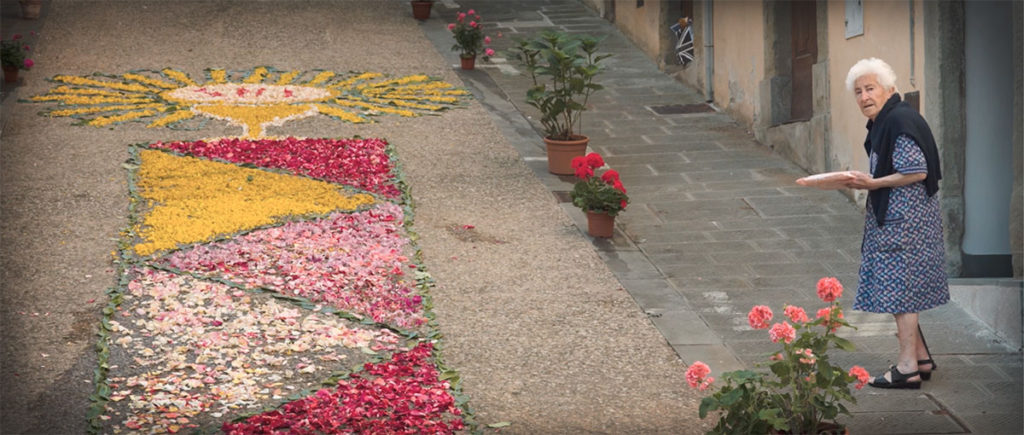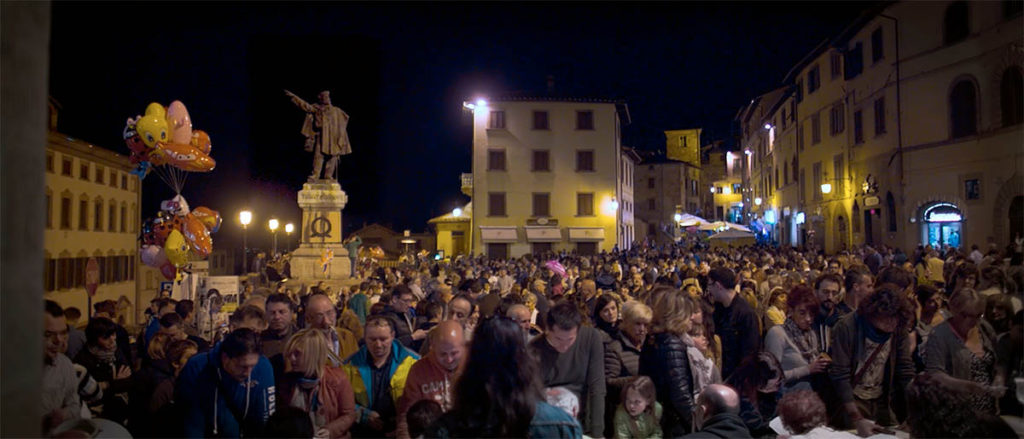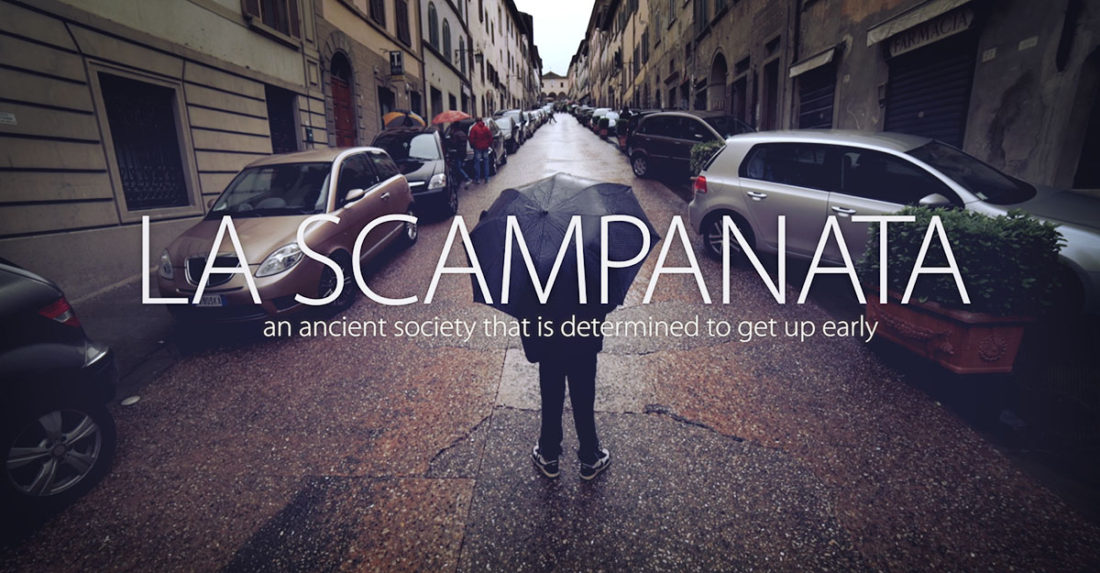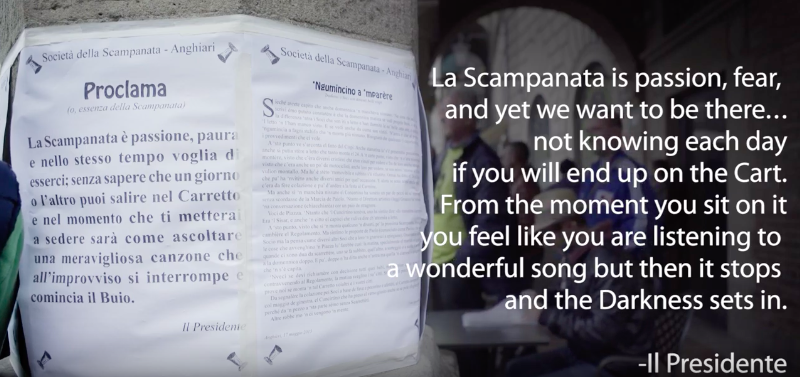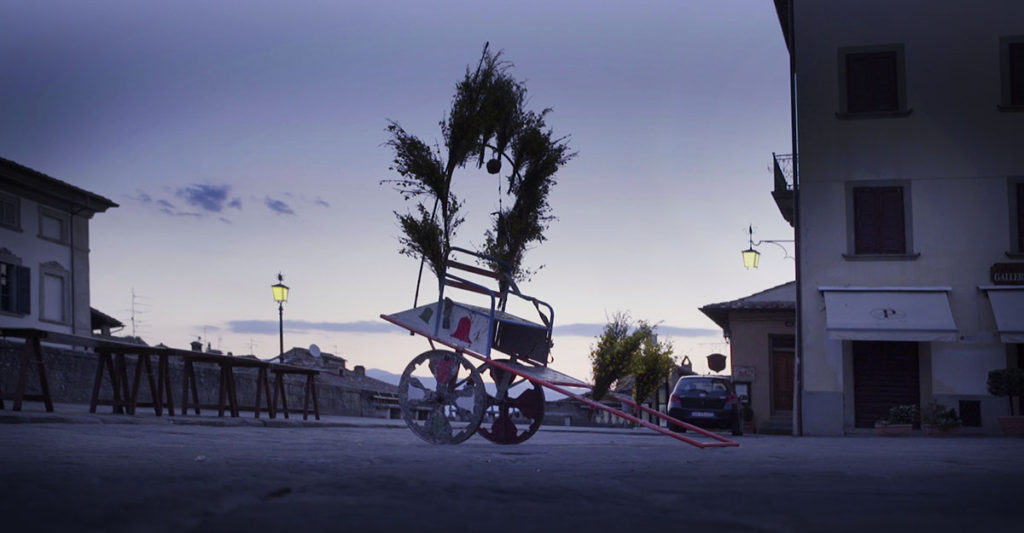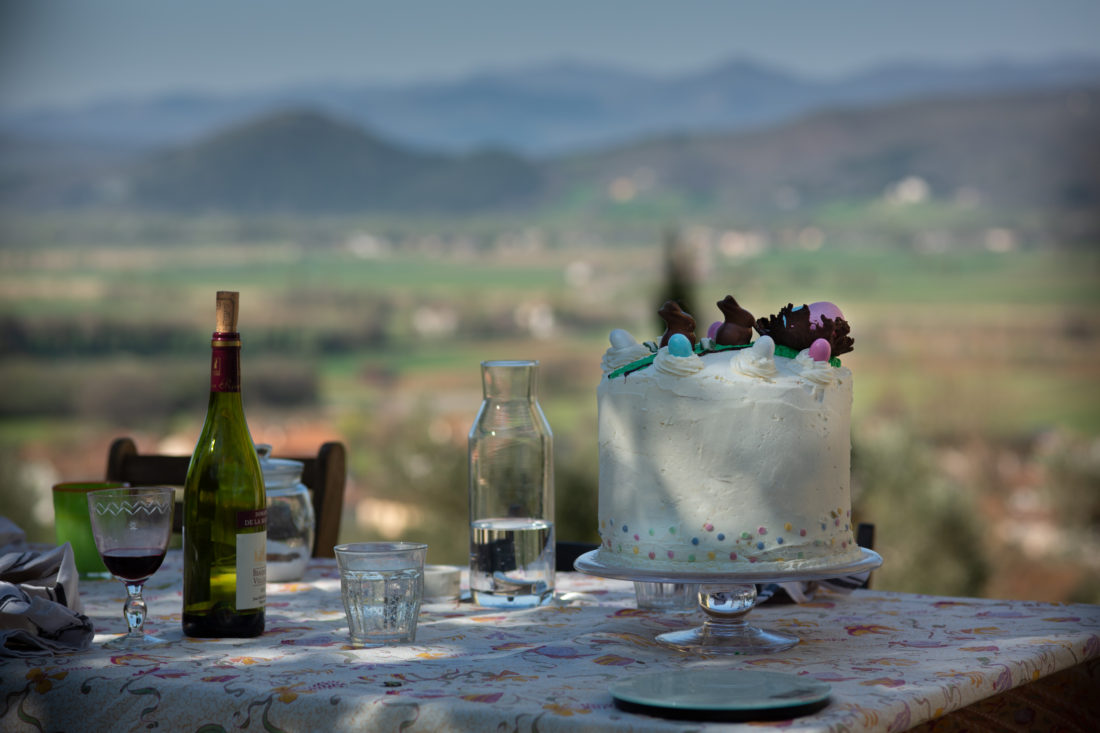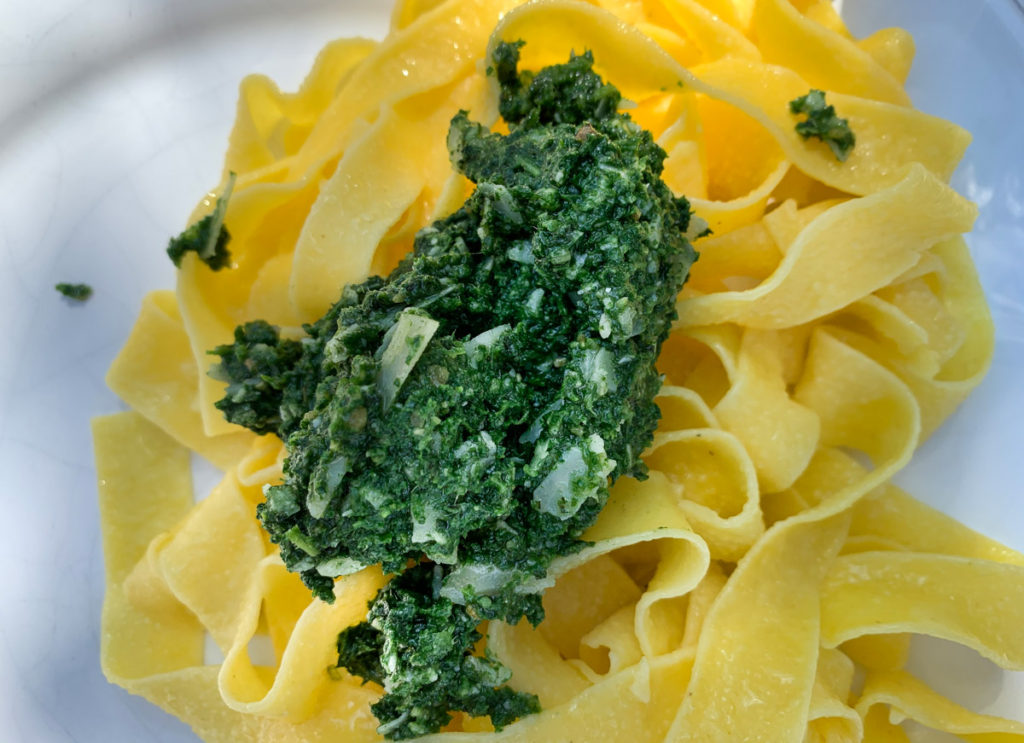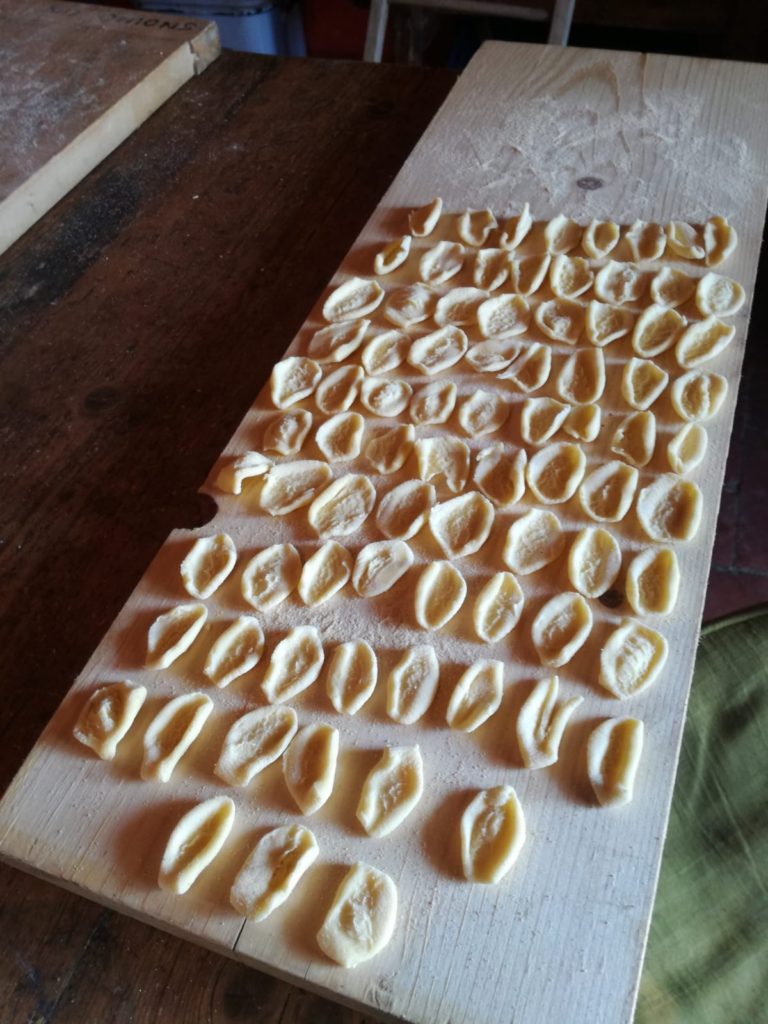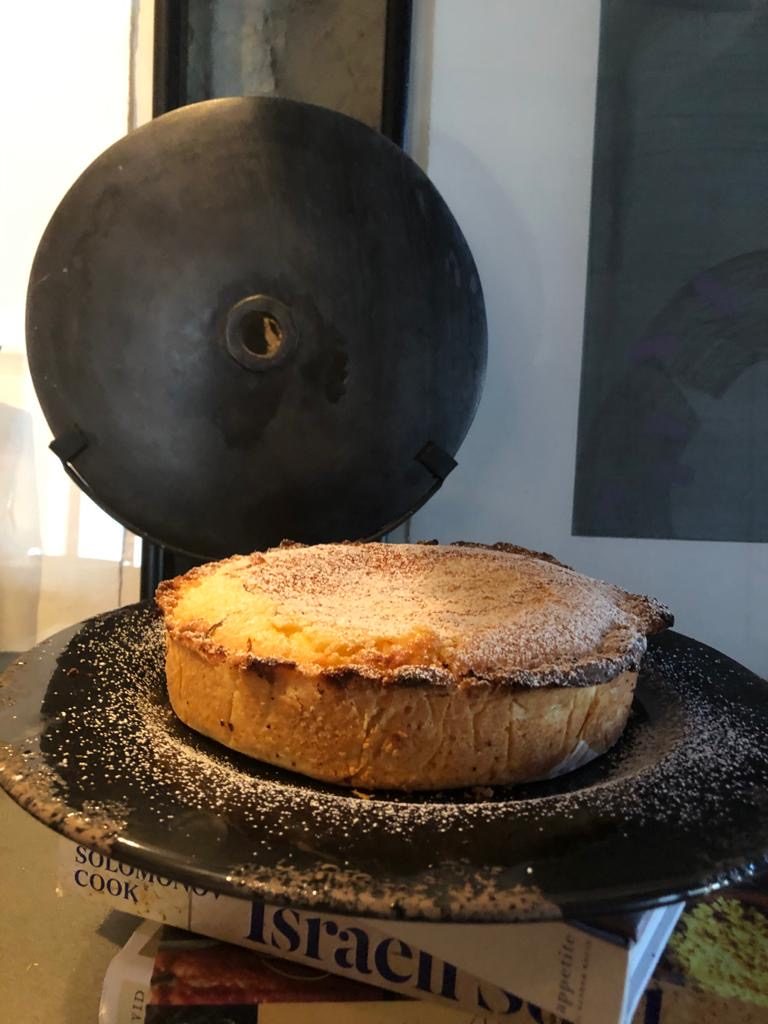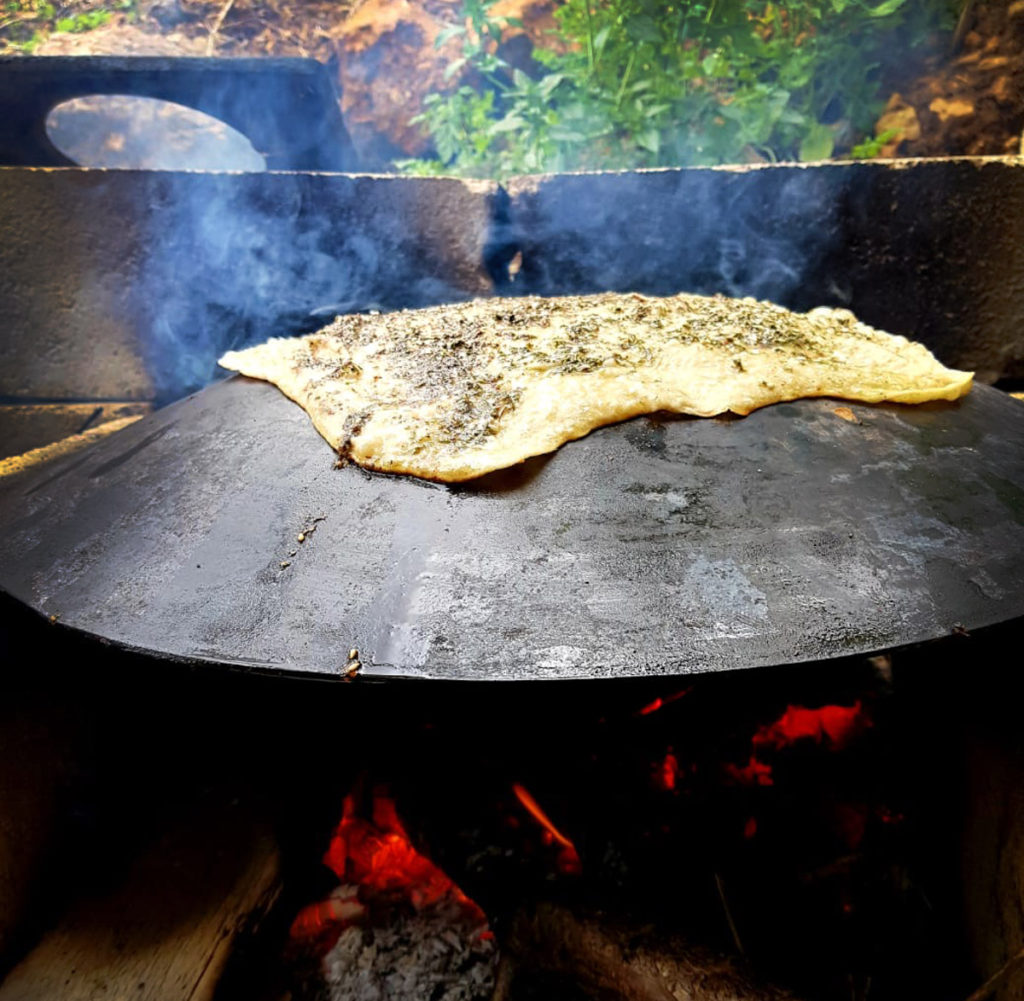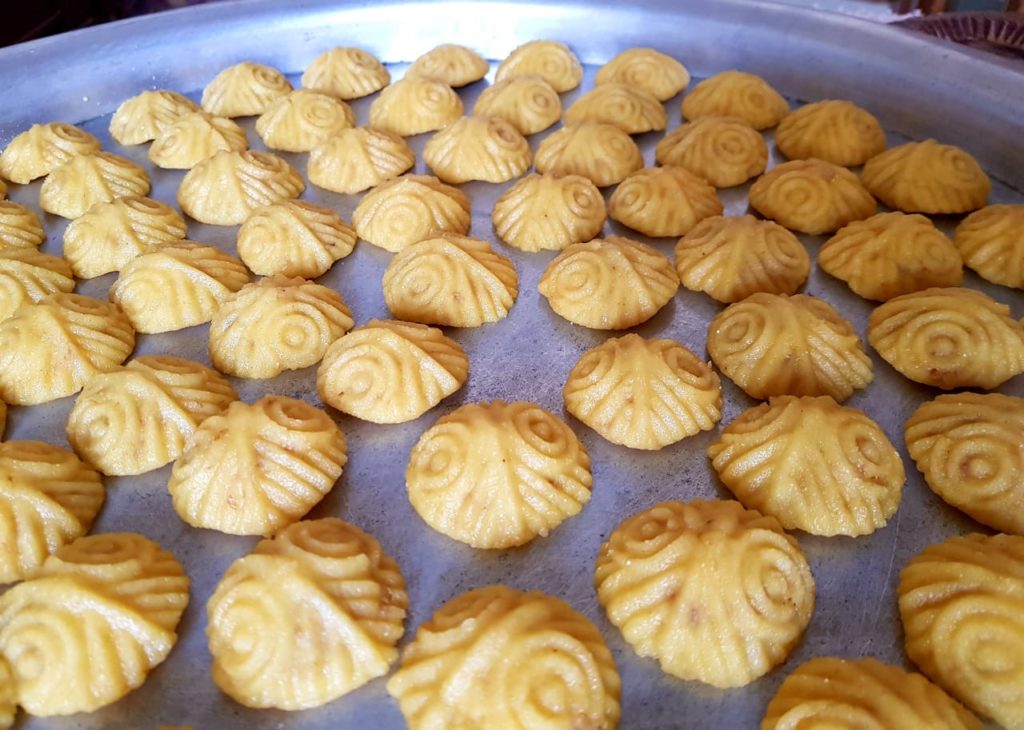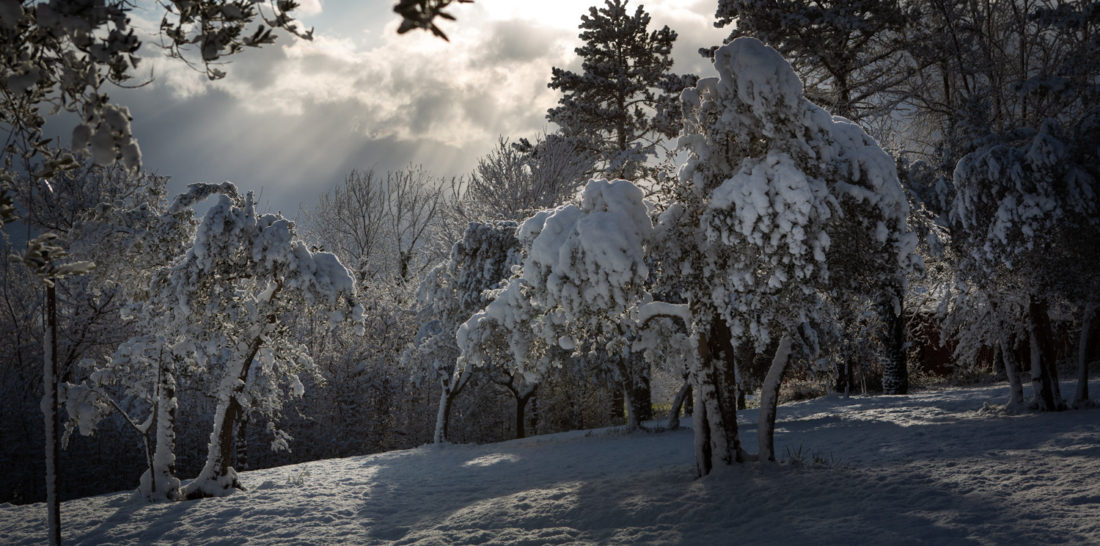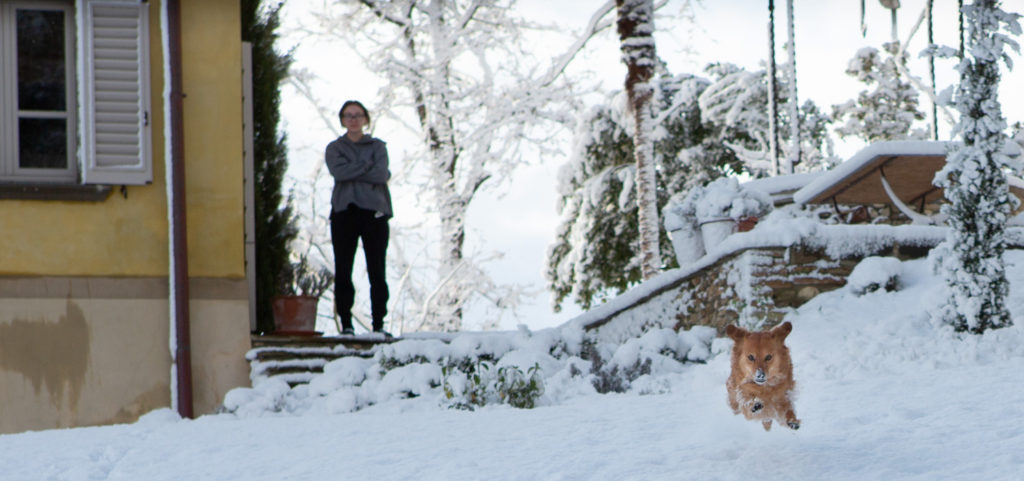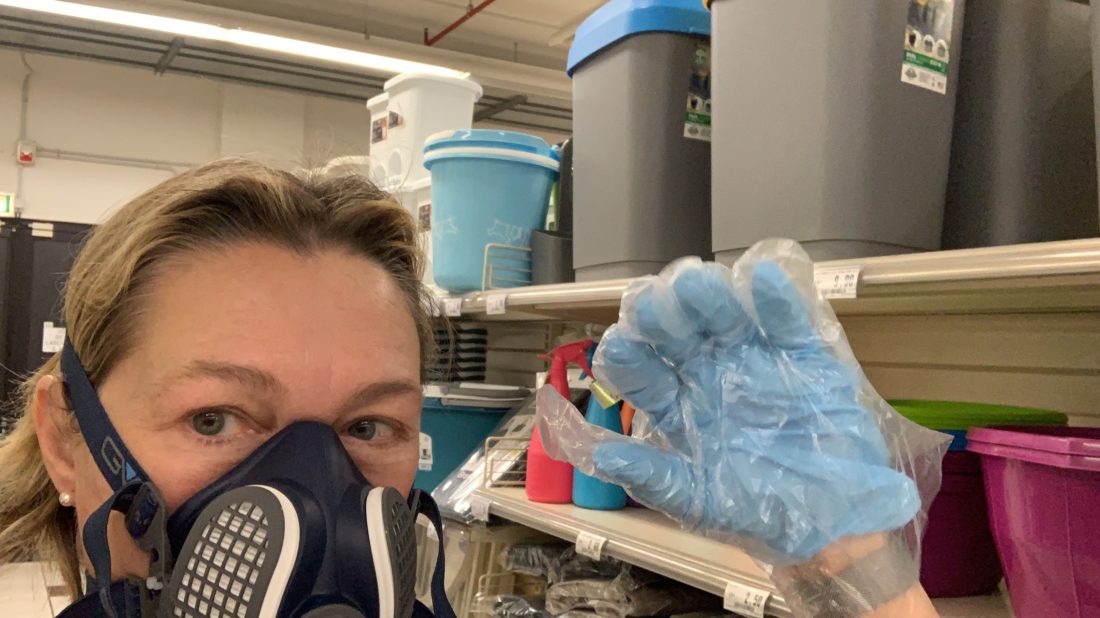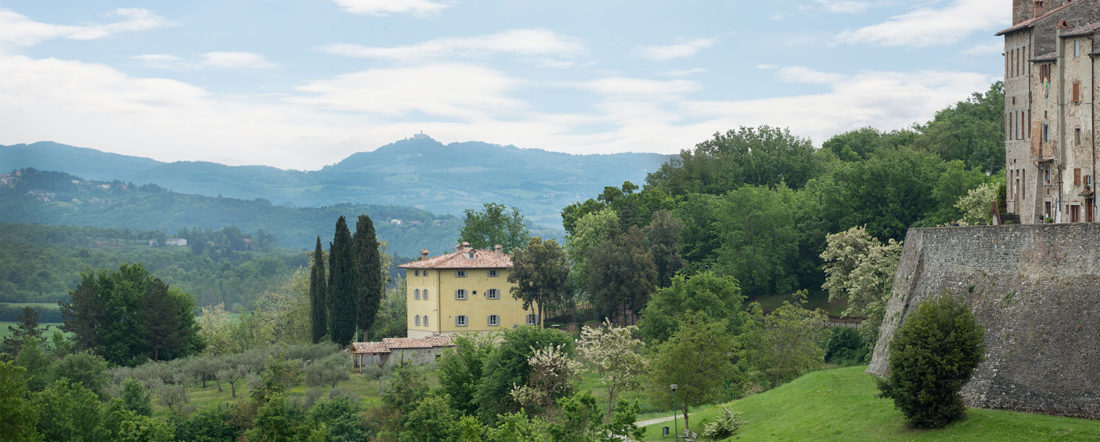Secrets from a yacht
What do people lucky enough to be on a yacht discover about the Italian coast that mere mortals like me can’t get to — what fishing villages (that are actually still fishing villages), deserted coves, and hidden beaches does Italy have to offer to those on a boat?
My son, Sebastian, just found out. He was invited to join a friend and his family for a two-week sail down the coast from Naples, around the Amalfi Coast, and then over to the Aeolian Islands off Sicily. One of his favorite places of all was a tiny fishing village called Corricella on the island of Procida. Luckily, to visit Corricella a yacht is not required. With the help of a car ferry it’s possible to get there from Naples, which is why I wanted to share this hot tip and want to go myself this fall.
The island of Procida is the smaller and less-visited cousin of the touristy Ischia, which is right next door. (Ischia has had quite the boom after the publication of Elena Ferrante’s Neapolitan Novels.) The port of Procida is busy and overrun but if you can get to the other side of the island to the village of Corricella a different world awaits. It’s an ancient settlement (the name comes from the Greek kora Cale or “nice neighborhood”) — such a nice neighborhood that it was used for the waterfront scenes in the movie Il Postino. This part of the world has been at the crossroads of invasion for millenium so the houses are all constructed with steep stairs leading to the front doors to make it easier to defend. The houses are painted a vivid range of different colors. It’s a working fishing village with a small harbor filled with mostly wooden boats with a few restaurants along a quai. When Sebastian went they ate alongside local fishermen and their families. The maze of tiny streets are steep and accessible only on foot. The few cars that he saw had permanently removed their side mirrors and had huge scrapes along both sides. There’s a sagging ruin of a fortress on a cliff and an old church at the top. I’m all in.
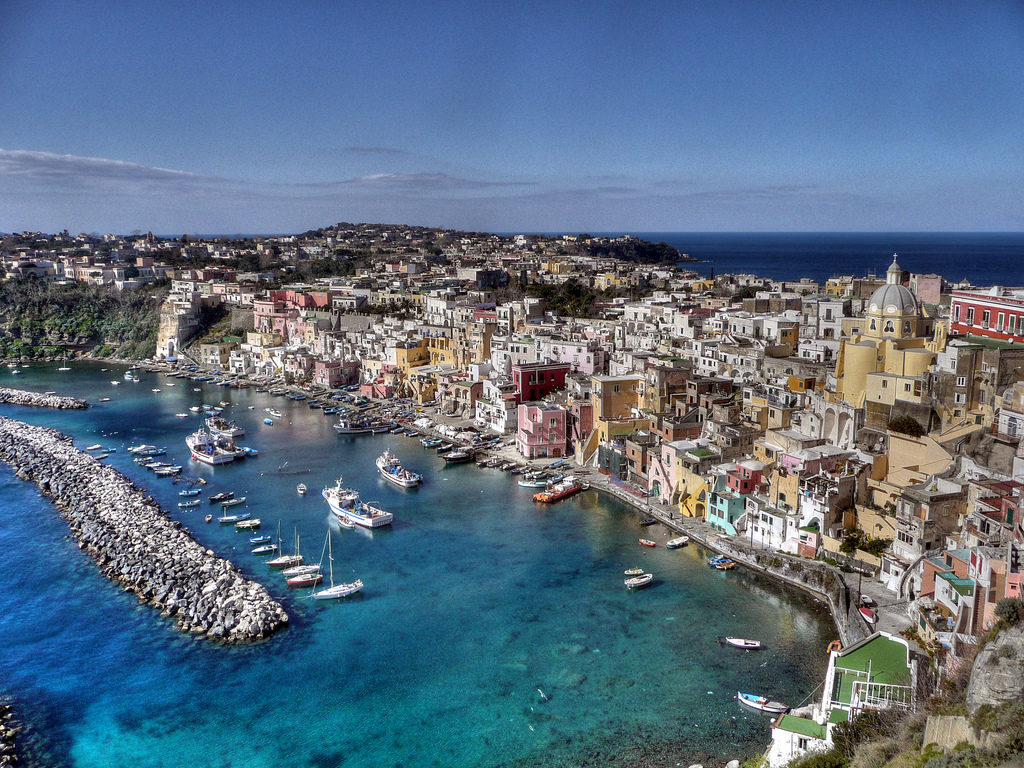
The most unusual thing that happened on Sebastian’s trip was off a remote island in the Aeolians. They were moored, having lunch, when an unusual man approached them in a rowboat and asked to speak to the captain. He was dressed in torn up, old clothes, had unkempt hair, and spoke in the strongest of dialects. The captain talked with him for a moment, went below to get a bottle of very nice champagne, hopped into the rowboat, and they headed off. He returned a couple of hours later. Turns out this guy has lived in a cave, year round, on a deserted island for over twenty years. He knew the previous captain who had told his replacement to be on the lookout for him. (He’s apparently well-known by many captains.) The captain was taken into a cave which was covered by the man’s writings on the walls and ceiling. The captain had a bit of a struggle following his stories in dialect but it was clear that he referred to other people as “you humans.” And he drank almost the whole bottle of champagne.
Sebastian’s amazing experience is not just available to friends of the family. The family’s yacht is available for charter, and two other spectacular properties, one in the Tyrol, and the other are the Pope’s apartments wrapping the Sant’Agnese in Agone church overlooking Piazza Navona in Rome are available to rent. More details at San Lorenzo Lodges.
In case you need six seconds of dolphins playing in the wake here you go:







